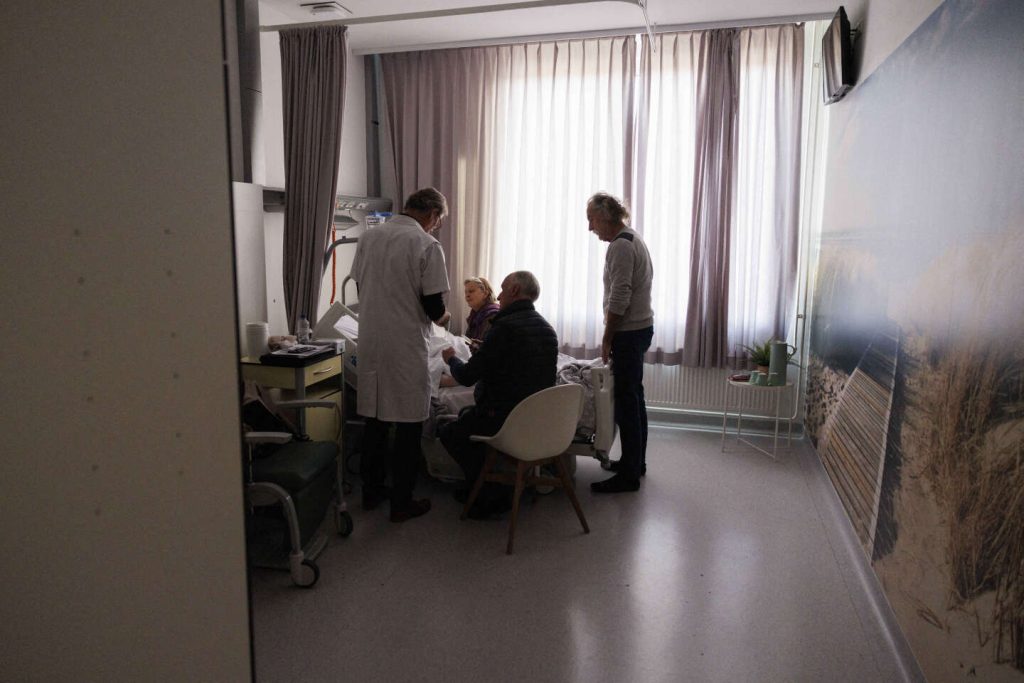Healthcare professionals in France who are involved in palliative care education and research are concerned about the proposed law on end-of-life patient care, specifically the suggestion to rename palliative care as “accompaniment care.” While this may seem like a minor semantic change, it has significant implications for the development of palliative care and patient management. Palliative care, defined by the World Health Organization (WHO) as a multidisciplinary approach to improving the quality of life for patients and their families facing serious illnesses, goes beyond just managing pain at the end of life.
The concept of accompaniment is multifaceted and used in various fields such as education, justice, and management. It conveys a sense of presence, attention, and non-judgmental support for individuals. Accompaniment, which is part of the palliative care approach, is distinct from medical treatment. Medical care involves active intervention with the intention of meeting the needs of the individual, requiring technical, relational, and ethical skills acquired through formal training and evaluation based on established quality standards. Healthcare providers are responsible for using their knowledge to support patients through shared decision-making processes.
The proposal to rename palliative care as “accompaniment care” put forth by Professor Franck Chauvin and presented to the Minister of Health in December 2023 has caused confusion. This new terminology is not supported by scientific evidence or endorsed by healthcare professionals, and it is not used in any other country. The implementation of this proposed law, currently under discussion, will require substantial financial investment from the government. While this aligns with the recommendations of the 2023 Citizens’ Convention on end-of-life care, which calls for expanding palliative care services, redefining palliative care could lead to funding initiatives unrelated to actual palliative care.
It is important for stakeholders in the healthcare system to recognize the unique role of palliative care and the value it brings to patients facing serious illnesses. It is not simply about managing pain in the final stages of life but addressing physical, psychosocial, and existential suffering while respecting patients’ preferences and anticipating crises. The expertise and specialized skills required for palliative care cannot be trivialized or overshadowed by generic terms like “accompaniment care” that do not accurately reflect the comprehensive nature of palliative care services.
As professionals in the field of palliative care, we urge policymakers and the public to consider the implications of renaming and potentially redefining palliative care. It is crucial to preserve the integrity and effectiveness of palliative care services by recognizing their unique contribution to patient care and overall healthcare system. Rather than diluting the concept of palliative care, efforts should focus on enhancing and expanding access to high-quality, evidence-based palliative care services that meet the complex needs of patients and their families during difficult times. The development of palliative care should be guided by international standards and best practices, with a focus on compassionate and holistic care for all individuals facing serious illnesses.


